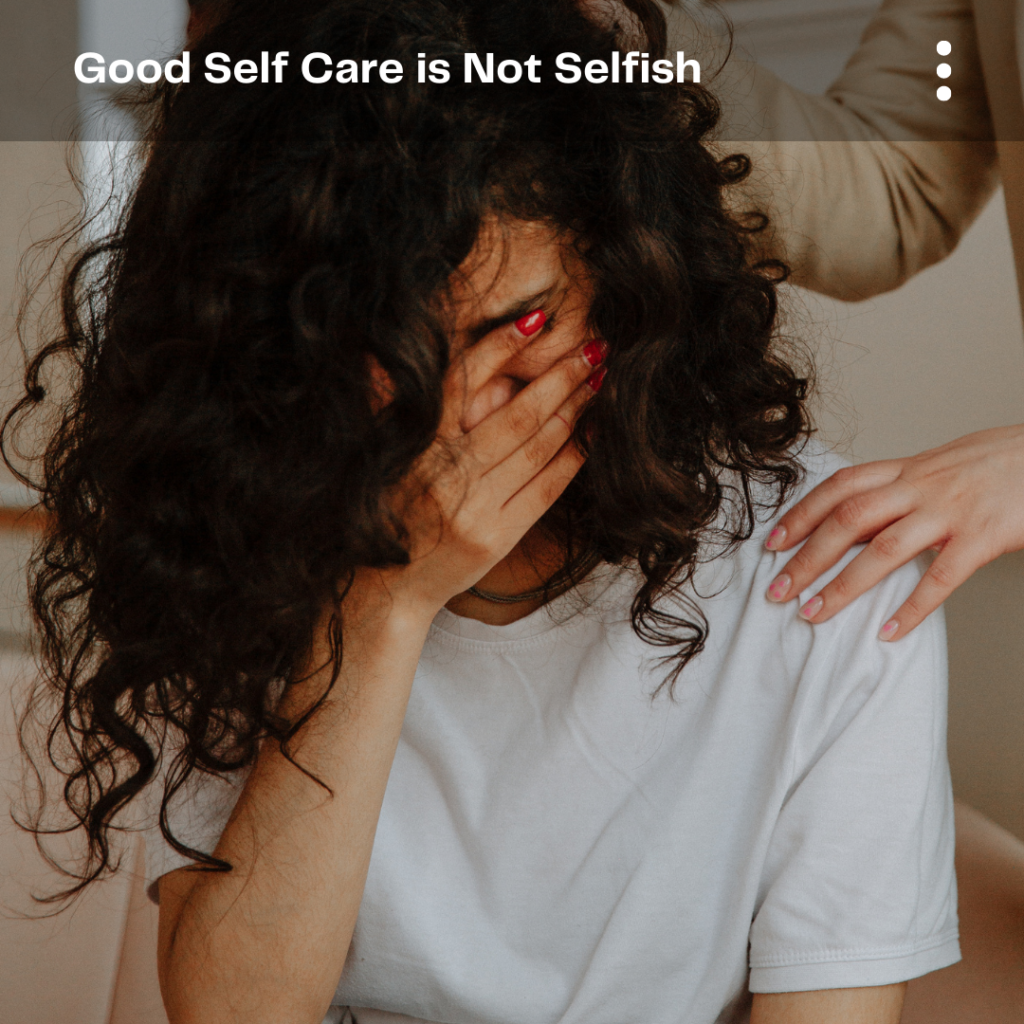Over the years, mental health has not been given the same importance as other health care specialties.
Although a high level of effort and resources have been expended in an effort to increase the awareness and accessibility of mental health care, it is still inaccessible to many people.
For some, mental health care simply isn’t accessible in the communities in which they work and live.
Improving Mental Health Care
There are many initiatives in place that were built with the goal of improving access to mental health care.
- Mental health parity laws
- Collaborative care models
- Expanding the use of tele-medicine
are all examples of legislation and regulations that have been put in place to increase mental health care accessibility.
These initiatives have made a big difference and have ultimately increased mental health care access.
The Mental Health Stigma
However, there is one thing that must change to improve the access to mental health care to the point it is accessed at the same levels as other health care specialties. The mental health stigma must be removed.
Organizations and governments can and have used large amounts of resources through marketing campaigns in an effort to remove mental health stigma, and many of these efforts have made a difference.
The biggest difference, however, can be made by the actions of each one of us.
Encouraging loved ones and friends to reach out to a mental health care provider when needed may be the difference between that individual getting the care they need or choosing to live in emotional distress.
Each and every one of us deserves to live the best life we can, without the burden of carrying unwarranted mental health issues.
Stepping beyond simply encouraging others to speak to a mental health care provider and reaching out to these professionals when we need the care may be the most important thing any of us can do in improving mental health care access.
When family and friends see us taking care of our own mental health and getting the care we need, the stigma shrinks.
Please do not suffer alone! There are professionals and peers who know what you are going through, that are more than willing to help you on your pathway to recovery and happy life. There is hope!



